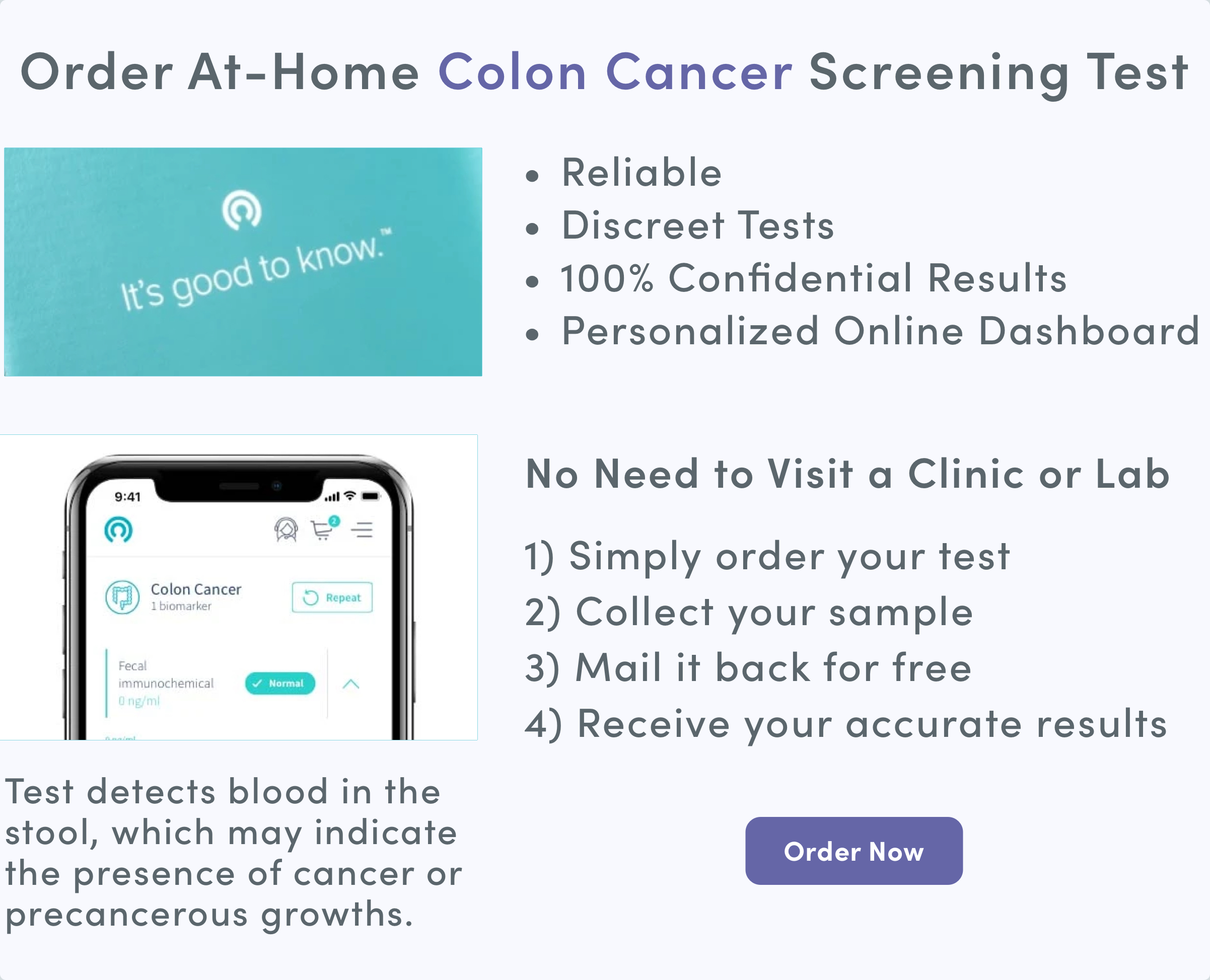- Symptoms:
- Include eye itching, redness, eye discharge and blurred vision
- Importance of diagnosis:
- Prevent vision loss or permanent eye damage, Contact lens wear and medical conditions can cause other eye problems.
- Treatment:
- Eye drops, artificial tears and cool compresses but a thorough eye exam is needed
What is it?
Pink eye is a commonly seen medical condition that can cause redness of the whites of the eyes, a watery appearance, or yellow thick discharge. The pink inside of your eyelid and white part of your eyeball is covered with a membrane known as the conjunctiva. The conjunctiva can become infected by a bacterial or viral infection causing inflammation or “conjunctivitis”.
What are the different kinds and how are they contracted?
There are several forms of conjunctivitis commonly seen, which are:
- Bacterial
- Viral
- Allergic
- Chemical (less common)
Both bacterial and viral conjunctivitis are infectious conditions of the eye.
Hand to eye contact is one of the most common ways you will have become infected with both viral or bacterial conjunctivitis when you touch an item containing the pathogen and then touch your eye.
Bacterial conjunctivitis is seen more often in children and characteristically has more of a yellow-green discharge but this is not always the case. Fortunately this form of conjunctivitis is very responsive to antibiotic drops.
Viral conjunctivitis is more common in adults and often patients have watery red eyes and irritation. Some viral infections can be more dangerous than others such as herpetic eye infections and an examination as well as description of recent health changes or conditions can help sort these conditions from one another.
Of note, contact lens wearers are at higher risk of developing corneal problems and an urgent eye examination is necessary to determine if the infection is affecting only the conjunctiva or also the front clear part of the eye, the cornea. An infection of the cornea can be vision-threatening as these infections can cause scarring. Improperly cleaned contact lenses, sleeping in contact lenses or wearing decorative lenses can cause extensive damage.
Allergic reactions can include allergic conjunctivitis as well. These allergic eye conditions can be caused by pollen, pets, chemicals, swimming pools and cigarette smoke to name a few. Allergic conjunctivitis is very often bilateral.
Chemical conjunctivitis involves irritation of the lining of the eye from a chemical irritant which could be a liquid or a vapor. Emergent eye washing is the best way to combat this potentially vision threatening condition, depending on the irritant. In the workplace, it is imperative that you follow safety precautions of eye protection and defer to the MSDS sheets or poison control authorities for specific information of each irritant, and this may require urgent intervention depending on the severity of the insult.
When to Head to Urgent Care?
Being seen by your urgent care provider is a great way to avoid serious eye problems that can cause long-term issues. Symptoms to be concerned about include the feeling that something is in the eye, itchiness, redness of the eye(s), blurred vision, pain, or light sensitivity.
What are the Symptoms?
There are a few common symptoms of this medical condition that include redness of the eyes that could be burning, itchy, and painful. You may also find your eyes become watery and are sensitive to light. Your vision may become blurry with puffy eyes when you wake up if the infection becomes severe.
Treating and Stopping the Spread
Treatments are available in many different areas that can include the use of bacterial eye drops to treat a bacterial infection. The second option is to treat this medical condition with certain forms of eye drops that reduce the itchiness and and improve eye comfort with lubrication. Good handwashing and avoiding sharing of personal items can lessen spread to others. If you are a contact lens wearer, you should stop wearing your lenses and be certain to alert your doctor at the urgent care location.
The Takeaway
You only get one set of eyes! If you are in doubt about your eye concern, an urgent care is a great place to start. They can treat you on site, during evening or weekend hours, or guide you to an eye professional if this is recommended. More emergent issues may require an Ophthalmologist’s help.

